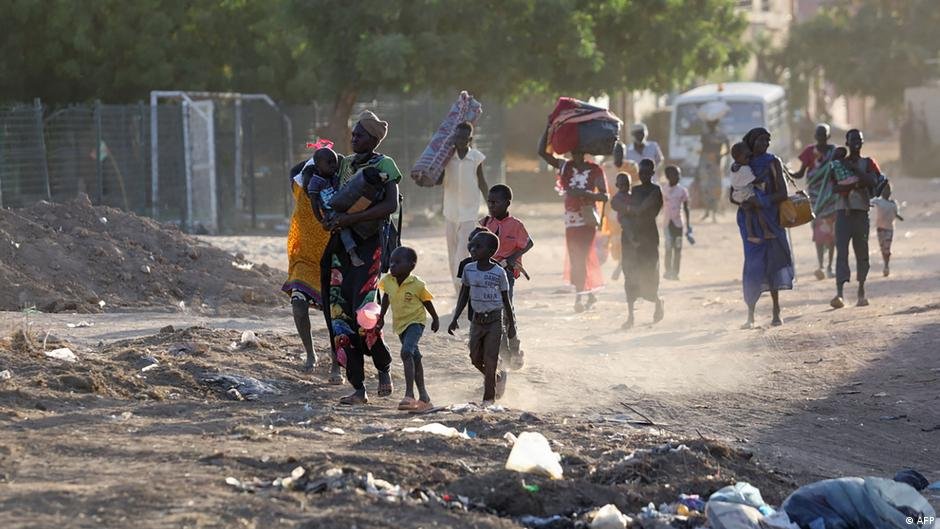Chad has become a critical refuge for more than 680,000 Sudanese refugees escaping escalating violence in their home country. The United Nations reports that, in just the past month, over 60,000 new refugees have crossed into Chad, most of them women and children who have endured long and treacherous journeys to reach safety.
The UN High Commissioner for Refugees revealed that the majority of these new arrivals have walked for days to reach the border, underscoring the dire conditions from which they are fleeing.
One refugee described the harrowing circumstances that led to their flight: “We had no food left, and part of our home was destroyed. Seven people were killed right outside our house before we left. Every night was filled with terror as violence escalated. I lost everything that mattered to me. We didn’t even live in El-Geneina, but just a few kilometers away, where we raised livestock. Now, we’ve lost everything.”
However, the refugees’ suffering continues even after reaching Chad. The country, already struggling with a fragile economy and underdeveloped infrastructure, is facing its largest refugee crisis in history. The influx of displaced people comes at a time when Chad is also dealing with ongoing conflict, severe climate challenges, and food insecurity, further stretching the country’s limited resources.
In light of the ongoing crisis, UNHCR’s Filippo Grandi has called for urgent changes in how the international community approaches refugee displacement, stressing the need for more sustainable and long-term solutions. “With insufficient humanitarian funding, prolonged displacement, and increasing strain on host communities, we must rethink our approach to refugee assistance,” Grandi said.
As Chad grapples with these unprecedented challenges, both refugees and local communities are facing mounting pressures, prompting calls for enhanced global support and more sustainable solutions to the ongoing crisis.

